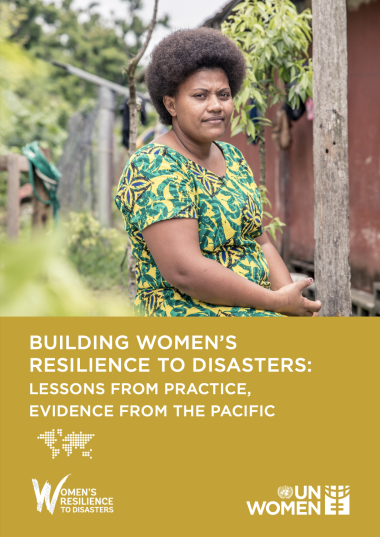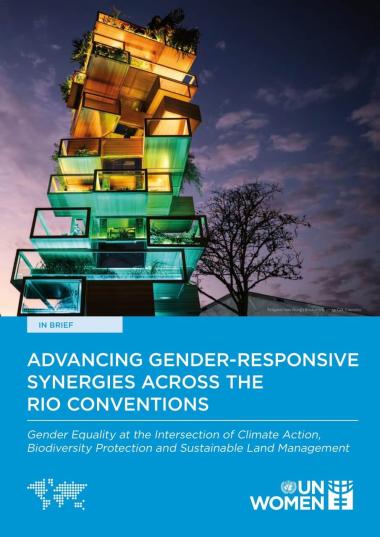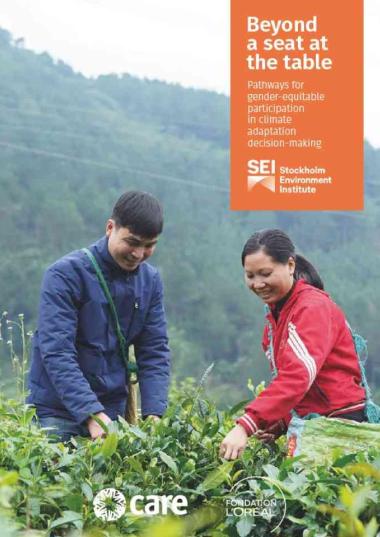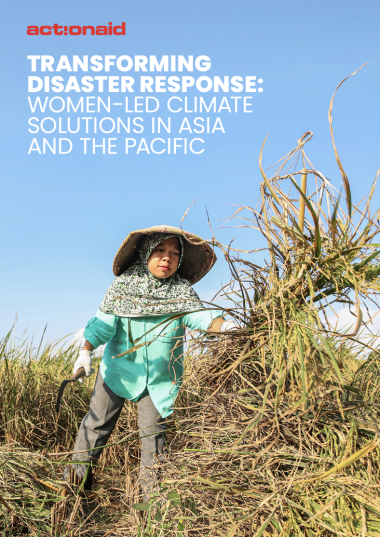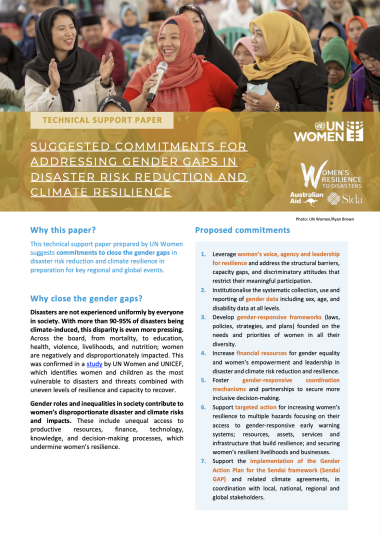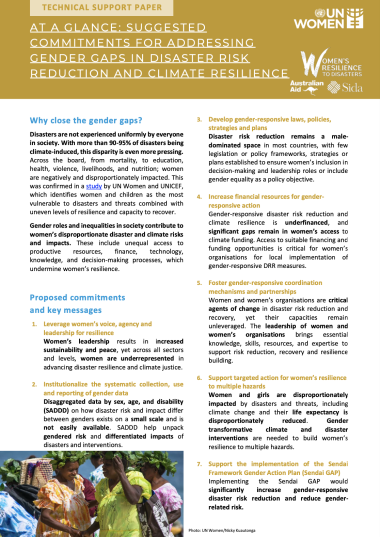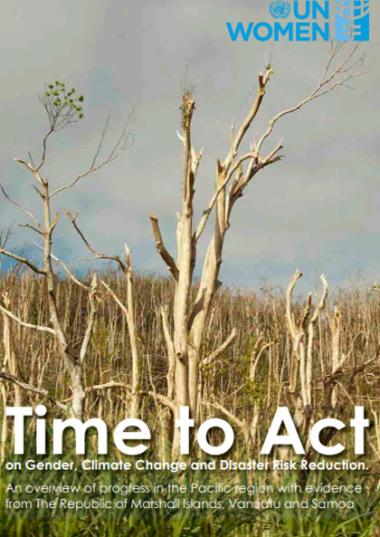
Climate change threatens to widen existing gender-based health disparities, especially in low- and middle-income countries. Health impacts, and gender differences in those impacts, are mediated through socio-economic, cultural, and physiologic factors. Policy action targeted towards these factors, which are often modifiable, can decrease negative health outcomes.
Integration of a gendered perspective into existing climate, development, and disaster risk reduction policy frameworks requires improvement in data acquisition, monitoring of gender-specific targets, coordination between sectors, and equitable stakeholder engagement.
Empowering women as educators, caregivers, holders of knowledge, and agents of social change can improve mitigation and adaptation policy interventions.
